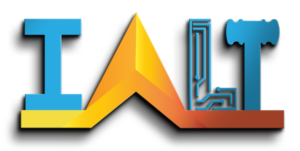
The intersection of Artificial Intelligence (AI) and law is an area of burgeoning interest and immense significance, as AI technologies rapidly transform various industries and everyday life. This article explores the evolving legal challenges and implications brought about by AI, shedding light on how lawmakers, businesses, and the legal community are responding to this technological revolution. AI’s integration into sectors like healthcare, finance, and transportation has raised complex legal questions regarding liability, ethics, and regulatory oversight. One of the most pressing issues is determining liability in scenarios where AI systems make autonomous decisions that lead to unforeseen consequences, such as in the case of self-driving vehicles or medical diagnosis software. The traditional legal framework, which is based on human decision-making, is being challenged to adapt to scenarios where machines play a critical role in decision processes. Furthermore, the use of AI in data processing and analytics has brought data privacy and protection laws into sharper focus. With AI’s ability to process vast amounts of personal data, ensuring privacy and compliance with laws like the GDPR has become more complex. Another significant area of concern is the ethical use of AI. The potential for bias in AI algorithms, which can perpetuate and amplify existing societal biases, poses serious ethical and legal challenges. There is a growing call for regulations that ensure AI is developed and used in an ethical and unbiased manner, promoting fairness and transparency. Intellectual property law is another domain experiencing the impact of AI, particularly regarding the authorship and ownership of AI-generated content and inventions. The legal community is debating whether existing IP laws can adequately address creations made by AI or whether new legal frameworks are needed. The rapid evolution of AI technology also calls for continuous legal education and awareness among professionals to keep pace with technological advancements. The future of AI and law lies in creating a balanced regulatory framework that promotes innovation while addressing ethical, liability, and data privacy concerns. As AI continues to advance, the legal community must remain agile and proactive, ensuring that laws evolve in tandem with technology to address the unique challenges and opportunities presented by this transformative force.


